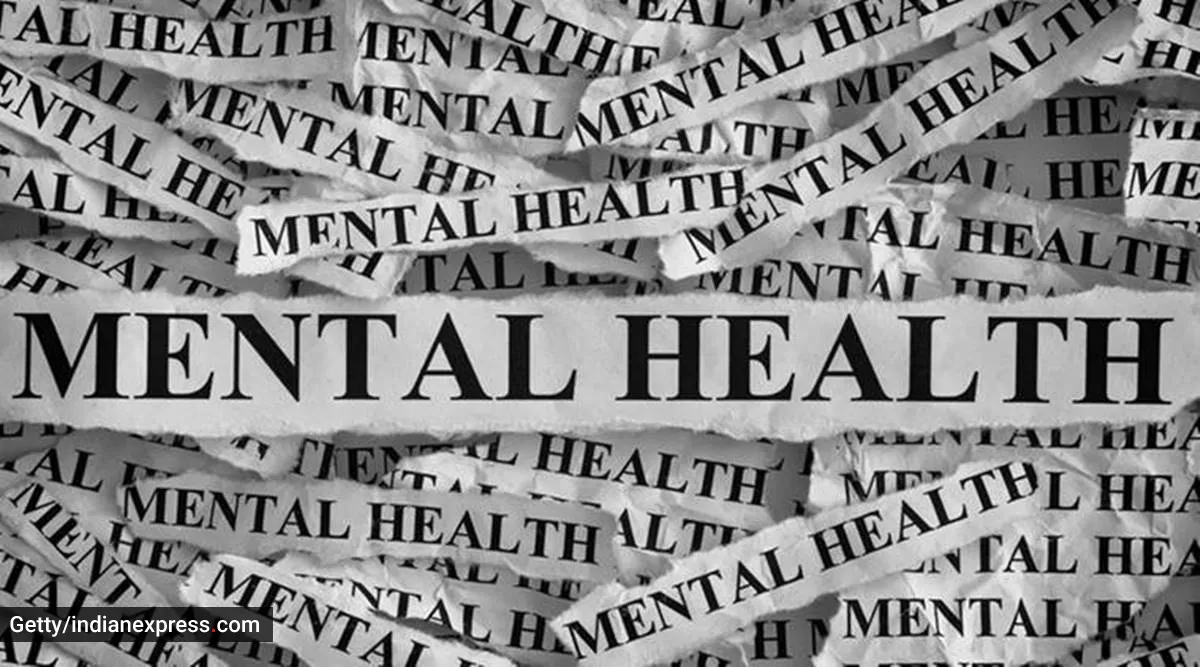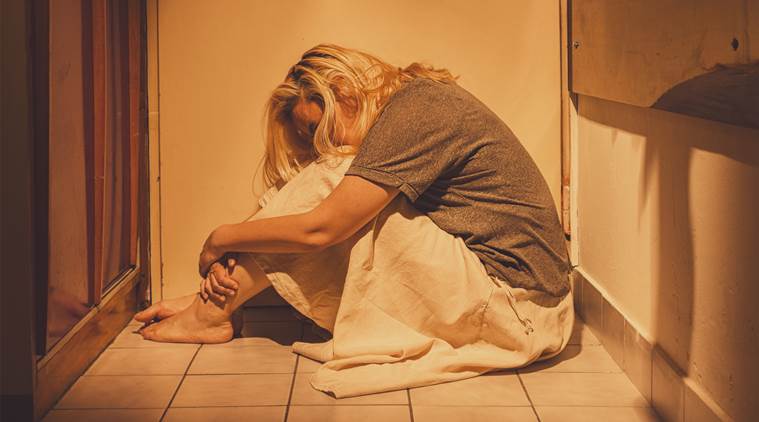Mental health self-care options are very limited in India which people can come to know about after joining such groups, specifically ones for depression and anxiety, says the author.

Written by Anuradha Kavuri

India has the highest suicide rate in South East Asia region. The reasons why people commit suicide are various but usually related to some form of internal or perceived pain that goes uncured. This might be due to mental illness, external conditions, or very unpleasant situations due to family members or other social issues.
One-seventh of depression-related patients commit suicide which amounts to 70 per cent of all cases. Thankfully, there are groups to support and encourage life-oriented views and anti-suicide campaigns. A suicide prevention group helps an individual with different perspectives and creates awareness of the consequences of their possible actions. There are organisations that have opened up this service in India which help with the attention and care that people need in such times.
The major suicide prevention methodologies are support groups, suicide helpline numbers and direct government intervention on certain issues. Indian government passed the Mental Healthcare Act (MHCA) 2017 and the Act was enforced on May 29, 2018. Mental health self-care options are very limited in India which people can come to know about after joining such groups, specifically ones for depression and anxiety.
Overall, the dynamics of support groups are great as they help provide a support system in ways which are most beneficial to individuals in need as they help in:
*Reducing social isolation and hence increasing individual engagement
*Preventing social disintegration
*Sensitising family to early signs of major depression and other psychiatric disorders with serious suicidal risk
*Providing efficient care following discharge by mental health professionals
If there is someone who is thinking of ending their life due to pain or suffering, and feel desolate about the future of their life, they should be approaching support groups on a priority basis. But generally, such individuals are the last ones to approach. So we have to have certain markers to find such individuals.

Based on the research shared by American clinical psychologist Edwin S Shneidman, here are few pointers of who can approach support groups:
*People who talk about suicide
*People who are in emotional crisis- relationship issues, divorce, death of a close person and so on
*Depression: Lack of sleep, loss of appetite and not interested in routine activities
*People talking about hopelessness
*People who are feeling there is no solution for their psychological/financial/emotional/physical problem in their life
*Students who have repressed emotions: In India, students are one of the most high-risk individuals when given the tri-pronged issues of parental pressure, performance anxiety and improper aptitude assessment before taking an education stream. They start developing markers such as isolation and depression very early on but they are also the most ignored ones. Students need help on an urgent basis without waiting for them to take the step to call a suicide helpline and ask for it.
ALSO READ | ‘Suicide happens suddenly’ and other myths busted by WHO, doctor
The support groups are led by trained mental health professionals, psychologists, or social workers with the support of trained facilitators. Support groups help such people to feel a sense of identification with other group members and feel that they along with others are getting benefitted by sharing their experiences and identifying that they are not the only ones who are in trauma. The groups provide them a sense of connection they feel through sharing their grief with others in the group. They feel safe and they feel they are being heard and their pain is understood by others. Here, you can meet and talk with (or just listen to, if you prefer) people who are in your shoes. You can openly express your feelings and experiences with a group of caring individuals who will never judge you under any circumstances.
With the help of professionals, India needs to educate and create awareness among the society at large. We need disruptive ways of thinking about how to provide more people with mental healthcare and also break-free from stigma in approaching professionals for help.
The author is a psychologist, Souls connect, and she is a WHO certified international suicide gatekeeper
For more lifestyle news, follow us: Twitter: lifestyle_ie | Facebook: IE Lifestyle | Instagram: ie_lifestyle
? The Indian Express is now on Telegram. Click here to join our channel (@indianexpress) and stay updated with the latest headlines
For all the latest Lifestyle News, download Indian Express App.
Source: Read Full Article
